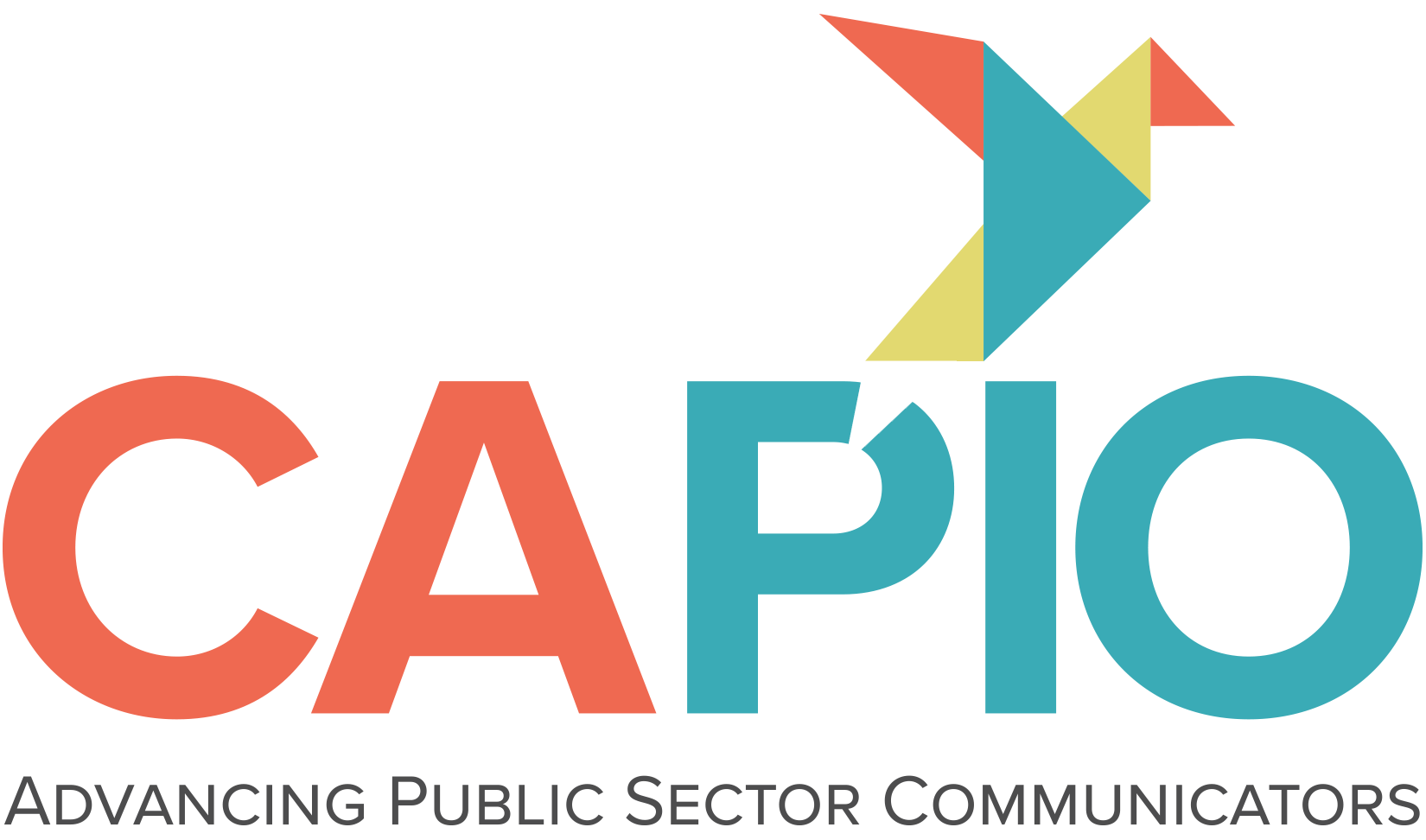Veteran city communications manager offers top tips for navigating a season of crisis
As marketing and communications manager for the City of Riverside for the past ten years, Kaitlin Bilhartz is a veteran employee who works across multiple departments to ensure timely and effective communication, especially in times of crisis. As a regular member of the City’s Emergency Operations Center team, and frequently supporting fire and police communications, Kaitlin has been able to expand her team beyond just the Office of Communications.
What are the top five ways you have been able to personally navigate this season of crisis?
- Time management – With everything changing in an instant, it has been essential to prioritize, pivot, and execute with minimal disruption. The hours will catch up to you; it is a marathon, not a sprint. Divvy up projects, accept help when it’s available, and don’t forget about your own physical and mental well-being along the way.
- Use your resources – Each member of the team is valuable. Pool your resources and think outside the box to maintain creativity, ease workload, and improve productivity. What I have found is that everybody is eager to rise to the challenge, whatever needs to get done can and will get done, even if it means stepping out of your normal realm of duties.
- Maintain perspective – It’s easy to get caught up in and overwhelmed by the whirlwind of politics, policy, and current events, but it’s imperative to take a step back and look at the big picture. What important message do we need to convey? Are we stuck in the weeds? What does our community want to know? What does our community need to know, particularly as it pertains to health and safety measures?
- From a personal health standpoint, take it all in stride. If something doesn’t get done immediately, chances are it will still be there tomorrow. Get some sleep, turn your phone on vibrate or Do Not Disturb, call on a back-up staff member, take a deep breath, continue to exercise, don’t burn the wick at both ends.
- Be proactive, not reactive – Try to think ahead and predict what is just around the corner. For example, when we caught wind that our county may be moving to a less restrictive tier (per the State of California Blueprint for a Safer Economy), graphics were prepared ahead of time, messaging was sent to elected officials for use on their social media platforms and email distributions lists, etc.
- Along these same lines, when the protests were occurring in June, we collaborated with our Police and Fire Departments consistently. We attended safety briefings, so we fully understood the scope of the expected audiences, the projected impacted streets, the hours, etc. We then created messaging and graphics in preparation of various scenarios. A RiversideAlert went out to all residents and businesses throughout our city notifying them of the set curfew and any pertinent safety concerns. We didn’t want to wait until after-the-fact.
- Accountability and timeliness – As always, ensure information is correct, timely, and clear to understand/explicit. Information is flowing at such a high rate of speed, but it’s imperative to pause and ensure accuracy before sharing.
And a bonus…HUG YOUR HATERS…thanks, Jay Baer!
Understandably, our community has a lot to be upset about right now–closed businesses, financial stress, a public health crisis, civil unrest, political instability, job loss, and so much more. No matter what message is delivered, you can bet on receiving a slew of negative feedback. Rather than taking it to heart, getting upset, and becoming paralyzed with fear, remain steadfast in the fact that your information is accurate and valid. Use their feedback to make changes and pivot future messaging, acknowledge frustrations, provide resources and additional information, clarify – and most importantly–don’t respond when frustrated.
How is your team supporting your organization and community?
Communications means nothing unless it reaches the intended audience. Our Joint Information Center team and City of Riverside communications team has been responsible for translating and disseminating the information being passed down on the federal level, state level, and locally in a digestible manner.
Be clear, concise, and timely. Neither staff nor the public want to hear about what happened yesterday.
How are you maintaining employee engagement/morale personally and/or within your team?
I have set consistent Microsoft Teams staff meetings each week, with about 30 minutes of just chat time at the beginning. We talk about miscellaneous things such as kids, dogs, the weather, and family. We are also very cognizant to check on each other’s mental well-being and level of isolation fatigue, and if warranted, come up with solutions and resources to combat those feelings. Our team consistently checks in on each other in regard to workload, priorities, and creative motivation by way of daily Microsoft Teams calls, a quick text, or some other touchpoint. We maintain a very open line of communication, both project-related and personal.

